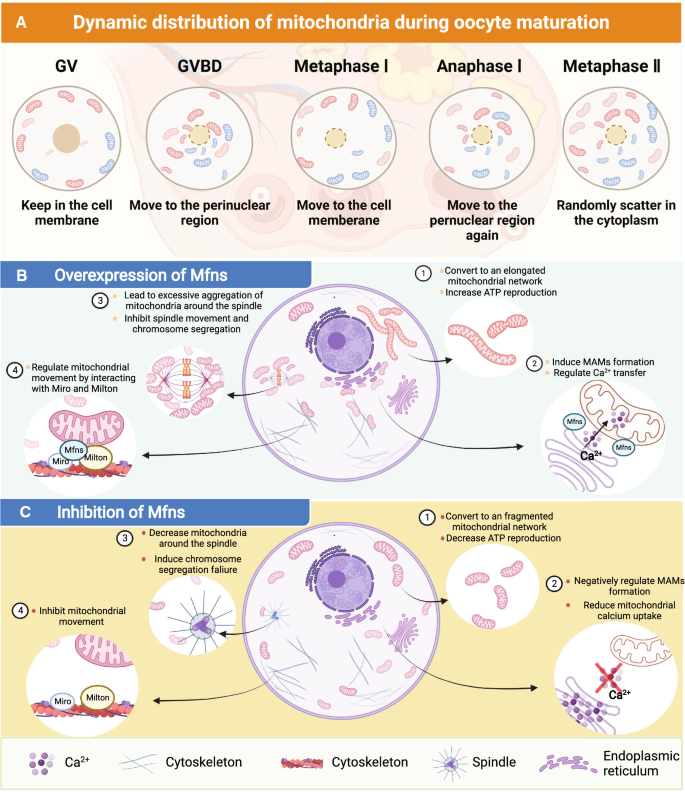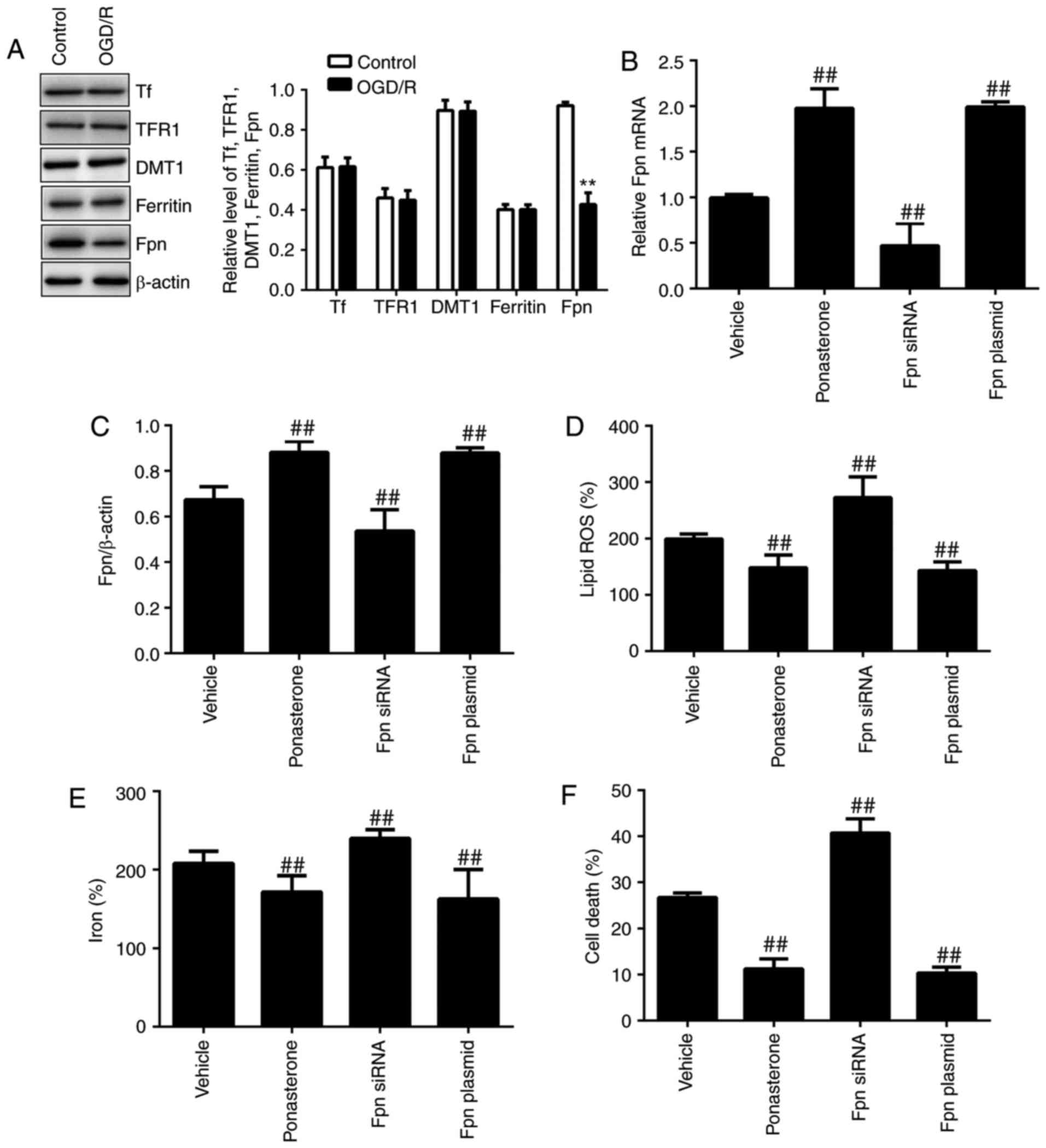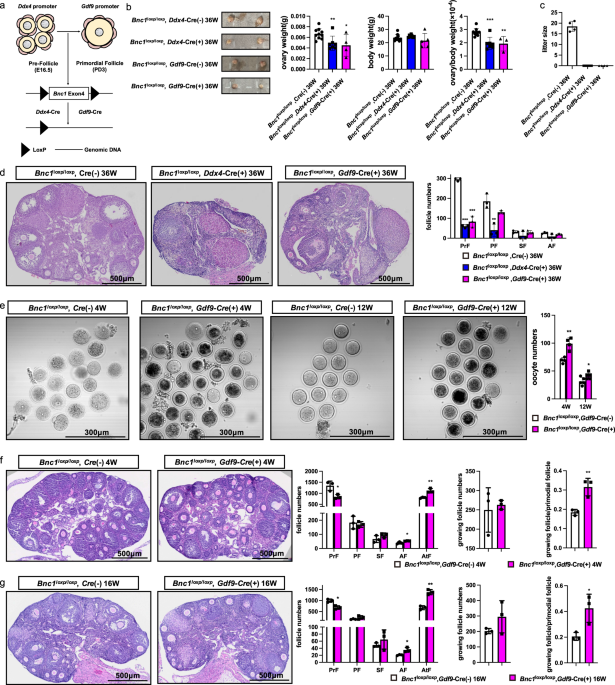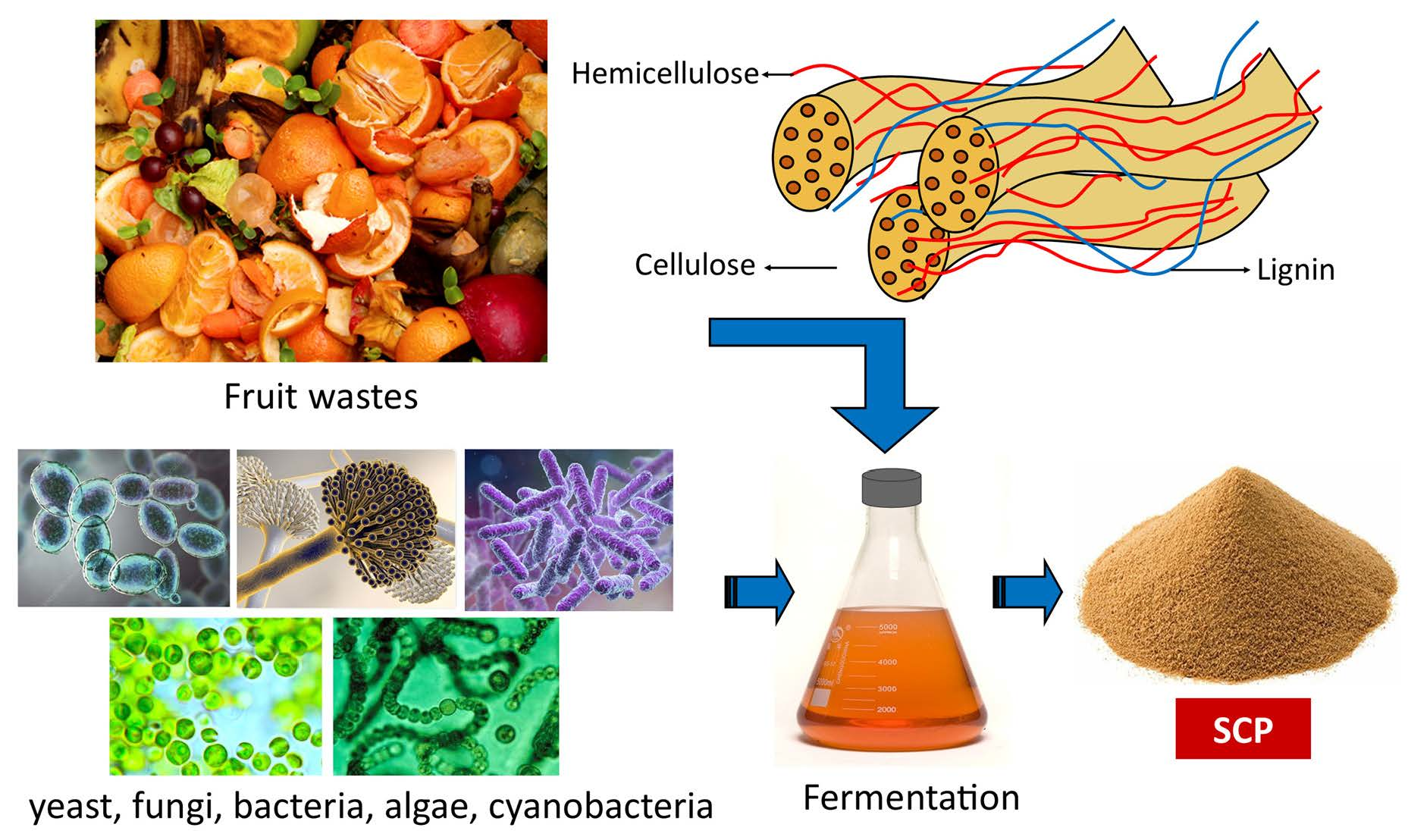Mitochondrial defects caused by PARL deficiency lead to arrested spermatogenesis and ferroptosis
Por um escritor misterioso
Last updated 09 abril 2025

Up to 9% of men are thought to experience infertility. These individuals may not produce enough healthy sperm cells. The root cause of infertility is often not discovered but, in some cases, it is associated with genetic defects in cell compartments known as mitochondria. Mitochondria are responsible for converting energy from food into a form of chemical energy cells need to power vital processes. However, it remains unclear how defects in mitochondria contribute to male infertility. Leigh syndrome is one of the most prevalent and severe diseases caused by genetic defects in mitochondria. The condition often develops in childhood and affects the nervous system, muscle and other organs, leading to many symptoms including muscle weakness and neurological regression. A previous study found that mutant mice that lack an enzyme, called PARL, display symptoms that are similar to those observed in humans with Leigh syndrome. PARL is found inside mitochondria where it cuts specific proteins to ensure they are working correctly in the cells. Radaelli et al. used extensive microscopy and biochemical analyses to study the fertility of male mice lacking PARL. The experiments revealed that the males were infertile due to a failure to produce sperm: spermatocytes, which usually develop into sperm cells, where much more likely to die in mice without PARL (by a process known as ferroptosis). Further experiments demonstrated that the mitochondria of the mutant mice had a shortage of two crucial molecules, a protein called GPX4 and a lipid called Coenzyme Q, which are required to prevent death by ferroptosis. It appears that this shortage was responsible for the demise of spermatocytes in the male mutant mice affected by infertility. These findings reveal a new role for PARL in the body and provide evidence that mitochondrial defects in living mammals can trigger ferroptosis, thereby contributing to male infertility. In the future, this research may pave the way for new treatments for male infertility and other diseases associated with defects in mitochondria.
Mitochondrial functional and structural defects caused by PARL deficiency lead to arrested spermatogenesis and germ cell ferroptosis.
Mitochondrial functional and structural defects caused by PARL deficiency lead to arrested spermatogenesis and germ cell ferroptosis.

PDF] Mitochondria-related male infertility

Intersections between Regulated Cell Death and Autophagy: Trends

IJMS, Free Full-Text

Mitofusins: from mitochondria to fertility

PDF] Mitochondria-related male infertility

Ferroptosis is associated with oxygen-glucose deprivation

Mitochondrial Control of Cellular Life, Stress, and Death

BNC1 deficiency-triggered ferroptosis through the NF2-YAP

A Compendium of Genetic Modifiers of Mitochondrial Dysfunction
Recomendado para você
-
 ArtStation - SCP-007 , Ran Guo09 abril 2025
ArtStation - SCP-007 , Ran Guo09 abril 2025 -
 Separations, Free Full-Text09 abril 2025
Separations, Free Full-Text09 abril 2025 -
 SCP 007 : r/SCP09 abril 2025
SCP 007 : r/SCP09 abril 2025 -
 900+ SCP Foundation ideas in 202309 abril 2025
900+ SCP Foundation ideas in 202309 abril 2025 -
 a normal conversation - Imgflip09 abril 2025
a normal conversation - Imgflip09 abril 2025 -
 SCP's I made Minecraft Collection09 abril 2025
SCP's I made Minecraft Collection09 abril 2025 -
 How crickets become freeze tolerant: The transcriptomic underpinnings of acclimation in Gryllus veletis - ScienceDirect09 abril 2025
How crickets become freeze tolerant: The transcriptomic underpinnings of acclimation in Gryllus veletis - ScienceDirect09 abril 2025 -
 SCP-S4S – SCP-173-J Song (The Sculpture) Lyrics09 abril 2025
SCP-S4S – SCP-173-J Song (The Sculpture) Lyrics09 abril 2025 -
 mexicangirl12 User Profile09 abril 2025
mexicangirl12 User Profile09 abril 2025 -
 Nanodelivery systems for cutaneous melanoma treatment - ScienceDirect09 abril 2025
Nanodelivery systems for cutaneous melanoma treatment - ScienceDirect09 abril 2025
você pode gostar
-
 Honor of Kings APK Download Android New version 2023 - apk rabi09 abril 2025
Honor of Kings APK Download Android New version 2023 - apk rabi09 abril 2025 -
 Tuya Smoke Detector Smokehouse Combination Fire Alarm Home Security System Firefighters WIFI Smoke Alarm Fire Protection09 abril 2025
Tuya Smoke Detector Smokehouse Combination Fire Alarm Home Security System Firefighters WIFI Smoke Alarm Fire Protection09 abril 2025 -
 Fashion cyberpunk girl drive a supercar asian woman with future09 abril 2025
Fashion cyberpunk girl drive a supercar asian woman with future09 abril 2025 -
 Baixar Tate no Yuusha no Nariagari 3ª Temporada Legendado – Dark09 abril 2025
Baixar Tate no Yuusha no Nariagari 3ª Temporada Legendado – Dark09 abril 2025 -
Kit 7 Bottons 4,5 mm Kono Subarashii Sekai ni Shukufuku wo!09 abril 2025
-
 Dica do Dia: Jogo do Dinossauro no Chrome09 abril 2025
Dica do Dia: Jogo do Dinossauro no Chrome09 abril 2025 -
 8 Jogos de Quantificação de 0 a 1009 abril 2025
8 Jogos de Quantificação de 0 a 1009 abril 2025 -
Walmart Kissimmee - E Osceola Pkwy - Super Center Tabling today.09 abril 2025
-
 Aslan Spiral Notebooks for Sale - Pixels09 abril 2025
Aslan Spiral Notebooks for Sale - Pixels09 abril 2025 -
 Avatar 18 Platinum Full Body Silicone Baby Doll Reborn Baby Girl Doll Art Dolls09 abril 2025
Avatar 18 Platinum Full Body Silicone Baby Doll Reborn Baby Girl Doll Art Dolls09 abril 2025

